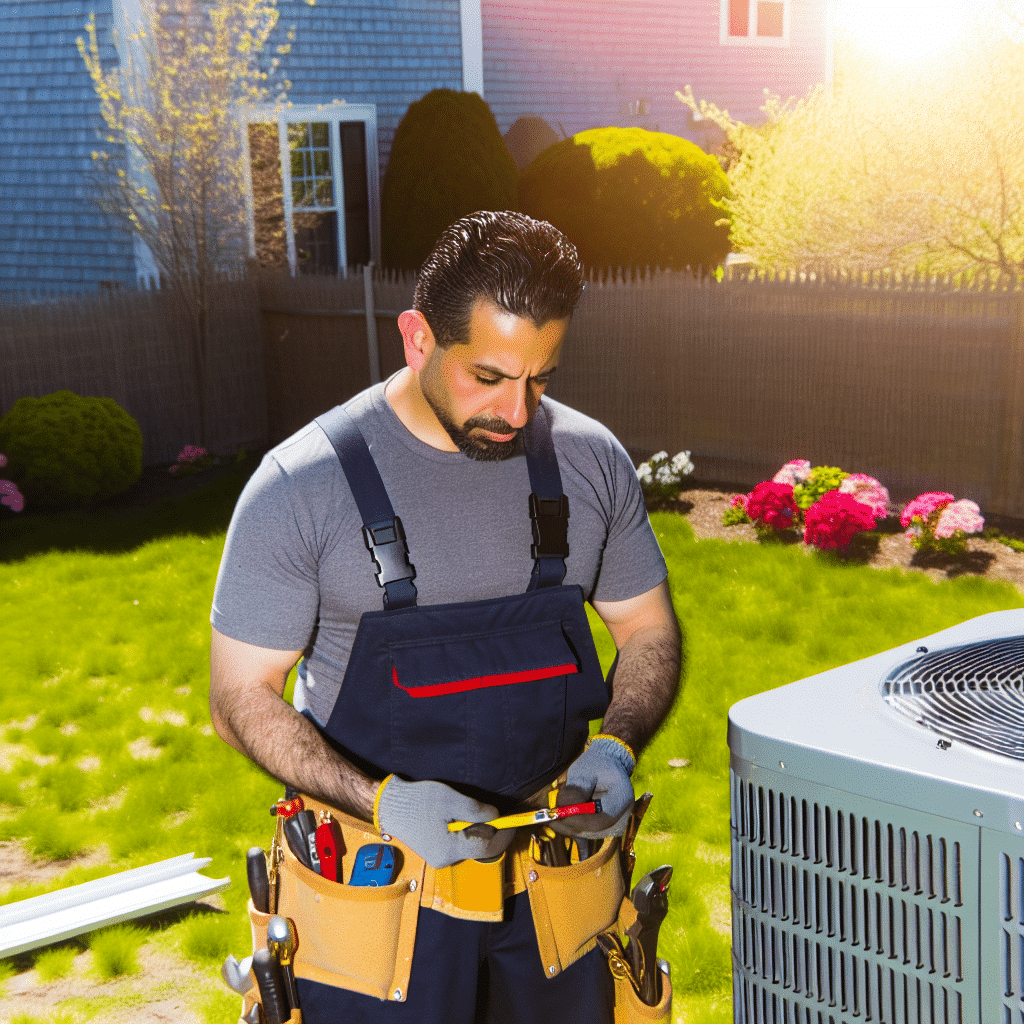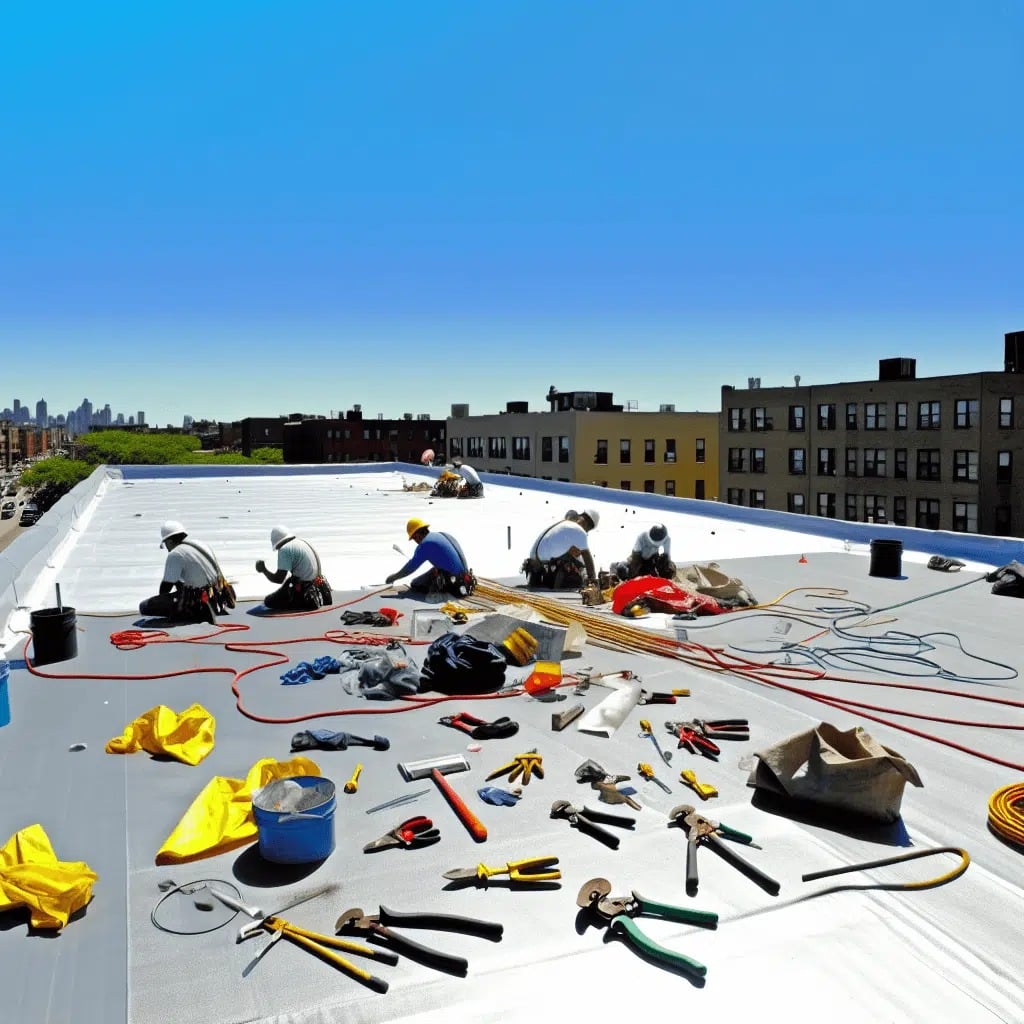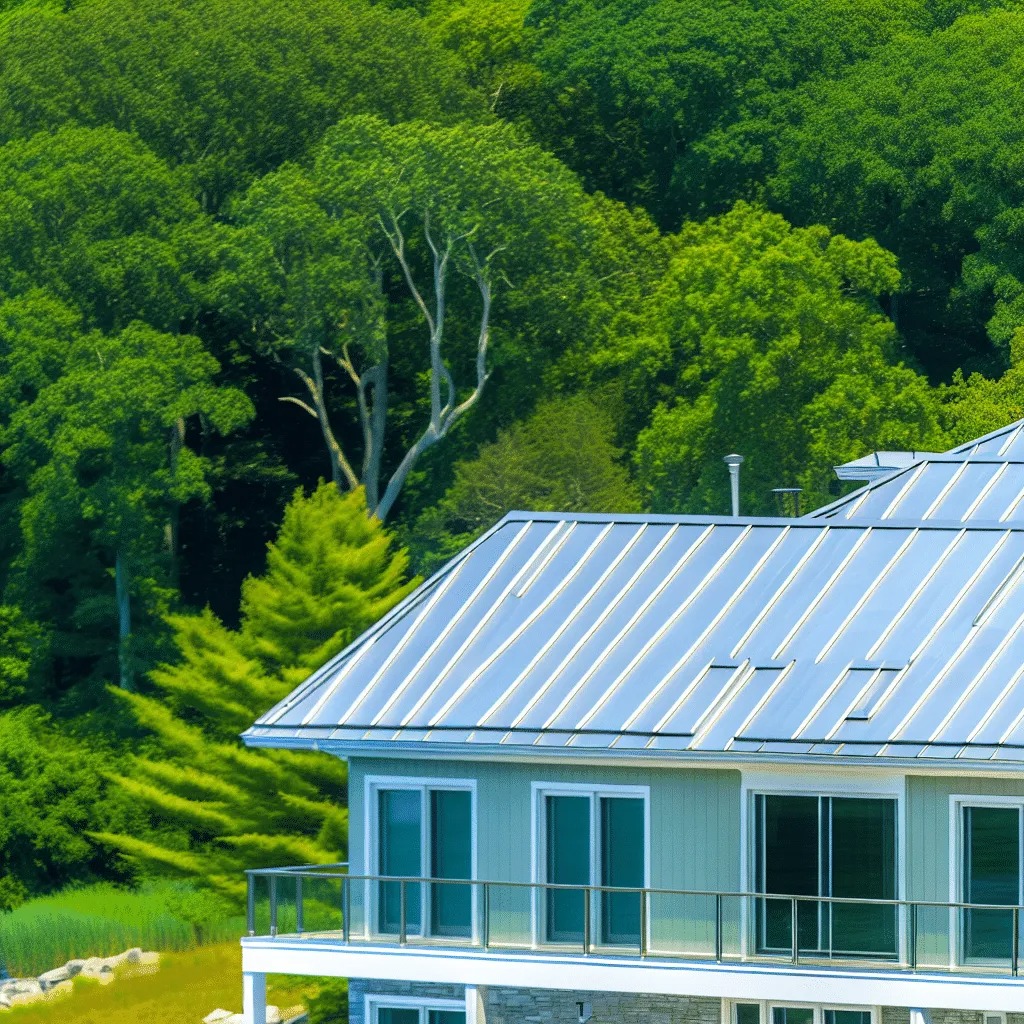Is Your AC Unresponsive? Here’s What You Need to Know
Imagine that it’s the first warm day of spring in Newport, and you’re ready to enjoy the comfort of your cool home. You reach for the thermostat, set it to ‘cool,’ but nothing happens. There’s no hum of the fan, no chilly air circulating—your outside AC unit isn’t turning on. Panic sets in as you envision sweltering afternoons and sleepless nights. Before stress takes over, understand that this is a common issue that many homeowners face, and solutions are within reach.
Understanding the reasons behind an unresponsive AC can be less intimidating than it seems. Firstly, a simple settings check can sometimes do the trick—ensure your system is not on ‘heat’ or ‘off’. Moreover, resetting your circuit breaker could resurrect a power-starved unit. But it’s not always about power; sometimes a thorough clean-up around your unit can maximize airflow and functionality. This is where regular maintenance speaks volumes, keeping your system in optimal condition to combat those unexpected shutdowns.
Taking a proactive stance is your best defense against an unresponsive AC. Regular inspections can identify issues before they escalate, keeping you one step ahead of a preventable crisis. Professional expertise suggests that a visibly damaged outdoor unit or unusual sounds might signal the need for a more thorough assessment. But remember, not all problems spell disaster—some are quick fixes you can handle yourself. With insightful guidance ahead, you’ll soon have the know-how to distinguish between a minor inconvenience and a serious problem.
Troubleshooting Tips for Your AC Unit
When Basic Checks Just Don’t Cut It
If you’ve already verified your thermostat settings and reset your circuit breaker with no luck, it’s time to delve a little deeper. A clogged air filter can cause your AC unit to overheat and shut down, which is an issue easily remedied by a quick cleaning or a filter change. Inspect the outdoor unit for obvious signs of damage, such as bent fins or debris, which can impede proper function. While some issues are clear-cut and straightforward to remedy, others might hint at more nuanced problems beneath the surface. In those cases, remember that a professional evaluation can uncover the less apparent faults in your system.
Understanding Your AC’s Language
Odd noises emanating from your AC unit can be alarming—these sounds can range from humming to rattling or even clanking. Each distinct noise could indicate a specific issue: a hum could mean a failing contactor, a rattle may suggest loose panels, and clanking might betray a failing motor or loose blades. What does this mean for you? It’s a clear sign that some components may need tightening, lubrication, or replacement. The complex language of AC units is one best interpreted by experienced technicians; the insights they offer can save you time and money in the long run.
Embracing Proactive Maintenance
The cornerstone of keeping your AC unit turning on reliably is embracing a culture of proactive maintenance. Scheduling regular check-ups, even when everything seems to be in order, can prevent many of these issues altogether. Familiarize yourself with your unit’s maintenance schedule and adhere to it—it’s as crucial as any other home maintenance routine. Fortunately, the path to ensuring a well-maintained unit is one click away with expert services like those at Rinaldi Roofing. Take advantage of these valuable resources to extend the lifespan of your AC, and ensure it’s prepared to handle the heat when you most need it.
Ensuring Longevity and Efficiency in Your AC System
Maximize Your AC’s Potential
Ensuring the longevity of your AC unit goes beyond troubleshooting when issues arise—it’s about creating a regimen for maintenance. Consistent upkeep not only enhances efficiency but can also significantly extend the lifespan of your system. This includes timely checks on refrigerant levels, inspecting ductwork for cleanliness, and verifying the operational integrity of fans and blowers. Keep in mind that the health of your AC is not just about comfort; it’s also about cost efficiency, as a well-maintained unit can reduce your energy expenses. Embrace a proactive role in caring for your AC, and it will serve you faithfully through many seasons.
Recognize When It’s Time for Professional Help
Despite following all the DIY steps, there may come a time when your AC unit requires a professional. Whether it’s due to persistent odd noises, a recurring power issue, or systemic inefficiency, expert technicians have the diagnostic tools and expertise to resolve complex matters. Trusting the pros can mean the difference between a recurring headache and a one-time, lasting solution. Remember, timely professional intervention can avert more significant expenses in the future—so consider it an investment in your home’s comfort and security. Reach out to tried-and-true professionals at Rinaldi Roofing for an in-depth assessment of your AC unit.
Final Thoughts for Homeowners
As we wrap up our discussion, remember that being informed and prepared is the best way to counteract an AC that won’t turn on. Understand the simple fixes, appreciate the complexity of your unit, and acknowledge when to seek expert insight. A responsive AC unit is more than just a luxury; it’s crucial for your comfort throughout the warmer months. Holding the reins on the maintenance and operation of your AC unit empowers you as a homeowner. Whether it’s securing regular maintenance or knowing when to call in the specialists, your journey to a reliable AC starts with the tips and insights shared here.
Insights From The Experts
Tip 1:
Check your thermostat settings to ensure they’re on ‘cool’ and not set to ‘heat’ or ‘off’. Sometimes, simple user errors can be the culprit behind an AC unit not powering on.
Tip 2:
Examine your outdoor unit for any visible signs of damage like bent fins, debris, or loose connections. Keeping the area around your unit clean can prevent airflow blockages that may stop your AC from turning on.
Tip 3:
Ensure that your AC’s circuit breaker hasn’t tripped. A tripped breaker is a safety feature that could prevent the unit from turning on, but can easily be reset for a quick fix.
Tip 4:
Perform a basic filter check. A clogged air filter can cause your system to overheat and shut down. Regularly replacing or cleaning your filters can avert this common problem.
Tip 5:
Listen for unusual sounds when attempting to turn on your AC unit. These noises can indicate mechanical problems that may need professional attention, such as a broken compressor or faulty fan motor.
Expert Answers to Your AC Troubles
Why isn’t my AC unit turning on outside?
Several reasons could be at play when an outdoor AC unit fails to turn on, including tripped circuit breakers, incorrectly set thermostats, or more complex issues like compressor malfunctions. It’s essential to start with the basics – check power sources and settings, then progress to inspecting the unit for signs of damage.
How can I perform basic AC unit troubleshooting before I call a professional?
Begin by ensuring your thermostat is correctly set to ‘cool’ and that the temperature is low enough to trigger the system. Check your circuit breaker for trips, replace air filters if dirty, and clear debris from around the unit for unhindered airflow.
What should be included in an AC maintenance routine?
A robust AC maintenance routine should include cleaning or replacing air filters, inspecting the coolant levels, checking the thermostat accuracy, cleaning coils and fans, and ensuring the unit is free from debris and obstructions.
What are common AC problems that homeowners face?
Homeowners often encounter issues like refrigerant leaks, drained condensate lines, sensor problems, electrical control failures, and dirty filters, which can all hinder the performance of an AC unit.
How do I know if my AC problem requires a professional repair service?
If after performing basic troubleshooting your AC still doesn’t turn on, or if you notice strange noises, leaks, or constant cycling, it’s time to call a professional to prevent further damage and ensure safe, effective repair.



